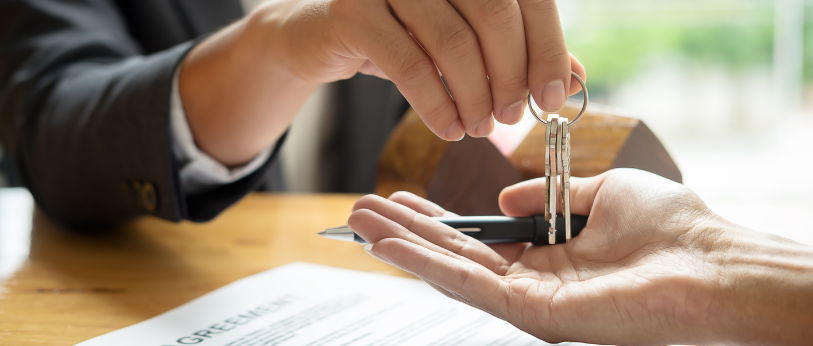
How To Buy Your First Investment Property UK
Propertyfe offers a comprehensive guide to help individuals navigate the process of buying their first investment property.
UK PROPERTY NEWS


This article provides guidance on purchasing your first investment property in the UK.
Buying your first investment property can be an exciting but also daunting endeavour. Here's a step-by-step guide by Propertyfe to help you navigate the process:
Define Your Goals: Determine what you want to achieve with your investment property. Are you looking for rental income, long-term appreciation, or a combination of both? Understanding your goals will guide your decisions throughout the process.
Assess Your Finances: Take a close look at your financial situation to determine how much you can afford to invest. Consider factors such as your savings, income, credit score, and existing debts. You may need to secure financing through a mortgage or other lending options.
Set a Budget: Based on your financial assessment, establish a budget for your investment property. This should include not only the purchase price but also additional costs such as closing costs, repairs, renovations, property taxes, insurance, and ongoing maintenance.
Research the Market: Conduct thorough research on the real estate market in your target area. Look for neighbourhoods with strong rental demand, low vacancy rates, and potential for appreciation. Consider factors such as job growth, population trends, schools, amenities, and transportation options.
Find the Right Property: Once you've identified your target market, start searching for properties that align with your investment goals and budget. Consider working with a real estate agent who specialises in investment properties, as they can help you find suitable listings and negotiate on your behalf.
Evaluate Potential Properties: When evaluating properties, consider factors such as location, condition, rental potential, cash flow projections, and potential for appreciation. Conduct a thorough inspection to identify any potential issues or repairs that may affect the property's value or rental income.
Secure Financing: If you need financing to purchase the property, explore your options for mortgages or other lending products. Shop around for the best interest rates and terms, and get pre-approved for a loan to strengthen your offer.
Make an Offer: Once you've found a property that meets your criteria, submit an offer to the seller. Work with your real estate agent to negotiate the terms of the sale, including the purchase price, closing date, and any contingencies.
Due Diligence and Closing: Before closing on the property, conduct due diligence to verify the property's title, review any inspection reports, and ensure that all necessary paperwork is in order. Once everything is finalised, attend the closing to sign the necessary documents and transfer ownership of the property.
Manage Your Investment: After purchasing the property, actively manage it to maximise your return on investment. This may include finding tenants, collecting rent, handling maintenance and repairs, and monitoring market trends to make informed decisions about the property's future.
Remember that investing in real estate requires careful planning, research, and ongoing management. Be prepared to adapt to changing market conditions and learn from your experiences as you grow your investment portfolio.

